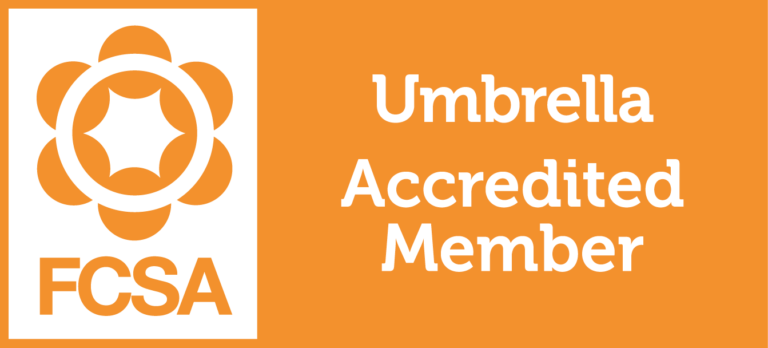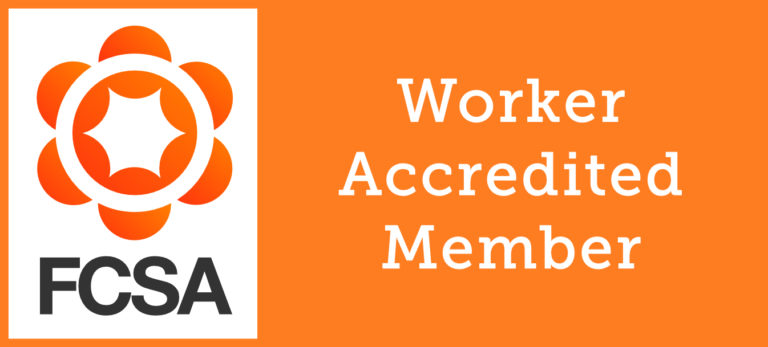Working in the Netherlands?
Here’s what you need to know.
![]()
The Netherlands is one of the most popular countries for European contractors, known for its flat landscape filled with canals, tulip fields, windmills, and cycling routes. Amsterdam, the capital, is home to the Rijksmuseum, Van Gogh Museum and the house where Jewish diarist Anne Frank hid during WWII.
With such a rich culture and history, together with generous allowances for skilled workers through its Expat Tax Scheme, which exempts 30% of your income from tax and social security, it is no surprise that the Netherlands has quickly become one of the contracting hotspots in Europe.
However, few appreciate that complex in-country rules and regulations can make contracting overseas a minefield. The support of a reliable contractor management company will be crucial to the overall experience, providing assistance and peace of mind throughout.
Here’s our MythBusters and Top Tips and to make sure you get things right before jetting off to work…
MYTHBUSTERS
“I can use my own UK Limited Company in the Netherlands…”
The Netherlands has very strict rules surrounding the definition of a worker/independent worker. There are also laws in place making all parties involved in your new work assignment liable for tax and social security.
In certain circumstances, it may be possible to register your UK company and set up Dutch payroll (subject to meeting the strict independent contractor criteria). However, this is a lengthy and expensive process, not to mention the ongoing financial administration costs. Comparing this to the earnings you’d take home through a much simpler ‘employed payroll solution’, it quickly becomes a no brainer – all that time and effort just isn’t worth it.
“But what about the 183-day rule?”
Contractors with a UK Ltd Company often think that they can work under the ‘183-day rule’ and keep their tax and social security contributions in their home country. However, this is only true when the company continues to be run from the UK. A contractor’s company will necessarily be run from wherever the contractor is, so the rule will not apply.
Instead, the PSC will create an overseas tax presence from day one of the assignment. As such, it will need to register in-country as a foreign branch and will be subject to local tax laws and filing requirements, which is both time-consuming and expensive.
The Netherlands take a particularly strict approach to this, so in almost all cases the best solutions is an in-country employed solution.
“Will I need a Dutch Bank Account?”
You won’t need to open a Dutch Bank Account if you don’t want to. When working in the Netherlands your taxes are deducted at source meaning you can be paid into your UK Bank Account, however, this is a personal choice.
“What do I need to be aware of?”
While working abroad can be incredibly attractive, it’s important that you understand the implications and responsibilities to avoid any nasty surprises further down the line. Choosing the right contractor management company will be key in ensuring you are set up with a compliant payroll arrangement, safeguarding you and the rest of the contractual chain from any unexpected financial penalties further down the line.
TOP TIPS
Negotiate your Rate!
To be eligible for the Expat Tax Scheme you need to meet certain earnings criteria.
You should also bear in mind that when working through an employed model, the rate you agree with the agency will include both your salary and the Dutch employer’s costs,
It is therefore always wise to speak to a contractor management company as early as possible to ensure that you will receive the take-home pay you are expecting.
Registering in the Netherlands
If you are planning on staying in the Netherlands for longer than 4 months, you will have to register yourself as a resident on arrival and arrange health insurance to cover your stay. A good contractor management company will be able to advise and assist with this process.
In addition, working through an employed solution means that you will automatically be registered in the Netherlands tax and social security system, including the application for the Expat Tax Scheme (if eligible).
Think Ahead & Be Ready…
The Dutch government is in the final stages of developing software, similar to Belgium LIMOSA system, meaning all contractors will have to register electronically. This will allow government officials to track the tax and social security payments due from contractors in the Netherlands, making it more important than ever to ensure you are working through a compliant payroll solution.











